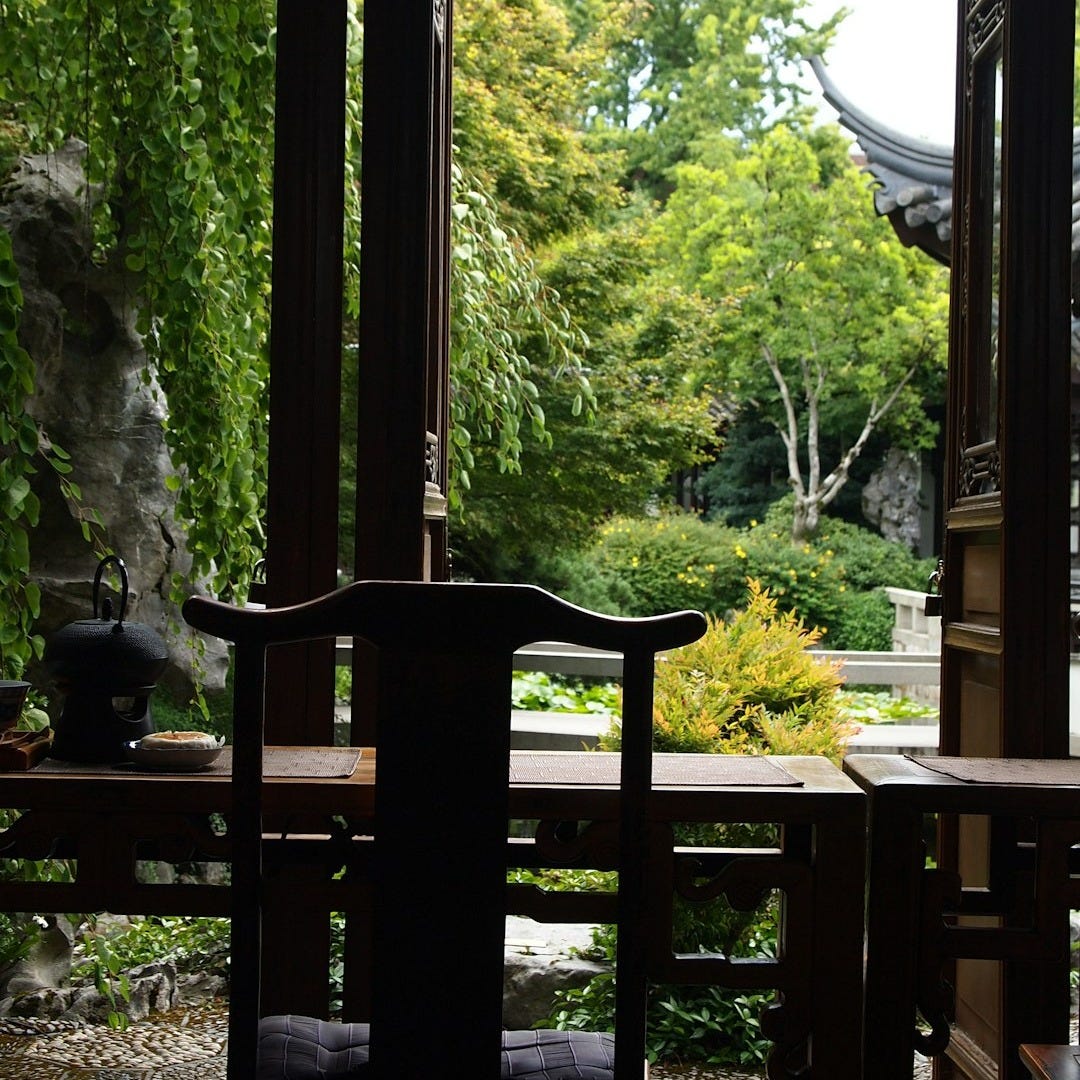My productivity problem
Fitting it all in looks like wanting less.
Note: I'm Brandon Giella, the business owner Elaine wrote about a few weeks ago. She allowed me to write to you to dive more deeply into my productivity problem. Thanks for reading.For the average day, I wake up at five o'clock hoping to get some work done before I hear my wife or toddler stir with the morning sun. Some days it works. Then I spend time with my girls, then drive to drop off my daughter at daycare. She often walks in the playground toward my car as I pull away, tears welling up in my face.
I sit at the desk in my home office until around four in the afternoon, when I go pick her up. I schedule showers and teeth-brushing time. I use the melting-face emoji more than I should. None of this is healthy, I know.
I wish I could work a normal day: Arising with a coffee in one hand and The Economist in the other, waxing eloquently about the month's political hot topic while my family laughs gaily over oatmeal and our youthful exuberance. Perhaps I'd have thirty whole minutes to work out and eat a lunch! Lunch that I prepared myself! And perhaps I'm exaggerating about how little time I have.
Healthier people will tell you it's not about time management but about priorities. One popular business owner I like, Jason Fried, argues that if you're time-blocking your calendar and having to maximize your efficiency in the ways that I do, you simply have too much on your plate. It's inhuman. Say no. Do fewer things, he says.

I love my productivity tools—Superhuman for email, Notion Calendar, Linear for task management, Obsidian for writing, Spotify with AirPods Max for soothing choral hymns. Whether it's Cal Newport's Slow Productivity or John Mark Comer's The Ruthless Elimination of Hurry or Wendell Berry's The World-ending Fire—I even researched the Light Phone III—it calls to me, whatever it is. Equanimity is the word that most closely captures this yearning for less.
I cite these tools and teachers to say that I've done my productivity research, but still something seems off. Even when I plough through my work—what a violent phrase!—I still lack a sense of calm presence when I'm around my family or friends, precisely when I shouldn't be thinking about work. My new therapist recommended I listen to some prayer apps like Lectio 365. Surely that helps. Yet there's a longing for truly slowing down.
Elaine and I talked about how to fit it all in. The more I think about it, though, the less I think I can, or even that I should. Of course, having a toddler and a new business is enough to turn any sentient being into a puddle of mush. "This is just life now," my wife reminds me. And yet! There has to be another way to live that doesn't require responding to "How are you?" with "Busy!"
Here's what I know.
Aquinas wrote about our desire for the infinite good, namely, God. Yet we also desire finite but real goods on earth, namely, coffee and books and TV shows and family and so on. What often happens is that we misplace our desire for God—that eternal longing for home—with truly good things that remind us of him but falsely give us the satisfaction and rest that we actually want.
Economist-theologian Mary Hirschfeld writes in her book Aquinas and the Market that my problem is not that I want a billion dollars or a mansion on the lake. My problem is that I want just 10% more. I want 10% more money, 10% better tech tools, 10% more social activities, all the while my available capacity remains fixed and limited, even decreasing as I age due to needing more rest with less energy.
Instead, she argues, we should think of money and other good but finite things like we think of medicine. Think of it like this. If you have a headache and someone gave you ten Tylenol, you'd say thank you but you don't actually need ten Tylenol—you need two. The other eight are completely useless.
Similarly, there is a need that you do have in reality—good and beautiful things like friends, family, food, and finances—but only to a certain extent. Above that two-Tylenol limit, all else is useless. Of course I want a 2024 Tesla Model X, but in reality my 2017 Honda CR-V does the job perfectly well, and it's even paid off! What else do I really need?
Or said another way, what else do I really want? I have what I need. Why isn't that enough?
My productivity problem is not that have too much going on. It's that I want too much of the wrong thing. As a result, the next chapter of my life will be spent on trimming down to the bare essentials in order to hold one fistful of joy rather than two fistfuls of striving and chasing after the wind.

